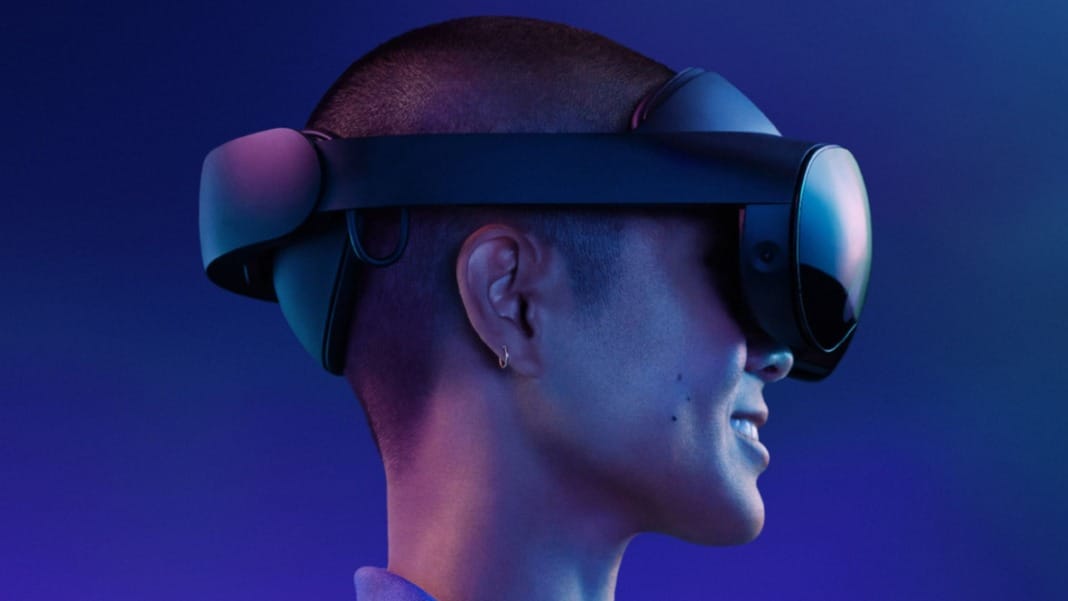Mira Murati, the Chief Technology Officer (CTO) at OpenAI, has announced her departure after six and a half years. Murati shared the news in a post on social media platform X (formerly Twitter), stating her desire to step away and pursue new explorations.
I shared the following note with the OpenAI team today. pic.twitter.com/nsZ4khI06P
— Mira Murati (@miramurati) September 25, 2024
“I’m stepping away because I want to create the time and space to do my own exploration,” she wrote. “For now, my primary focus is ensuring a smooth transition and maintaining the momentum we’ve built.” Her departure comes when OpenAI is experiencing significant growth, but Murati’s decision signals a transition period for the artificial intelligence giant.
More departures at OpenAI
In addition to Murati, two other senior executives are also leaving. Bob McGrew, OpenAI’s Chief Research Officer, and Barret Zoph, Vice President of Post-Training, are both stepping down. OpenAI CEO Sam Altman said these decisions were made independently and amicably. In a note to employees, Altman reassured the team that the leadership transitions were expected and part of the company’s evolution.
I just shared this with OpenAI: pic.twitter.com/1gTCbigdsS
— Bob McGrew (@bobmcgrewai) September 26, 2024
“Leadership changes are a natural part of companies, especially those that grow as quickly and demandingly as OpenAI,” Altman explained in his message. He acknowledged the abrupt nature of these departures but added that “we are not a normal company,” referencing Murati’s desire to leave when the company was on an upswing.
Murati has been with OpenAI since 2018, during which time she oversaw the launch of significant projects, including the popular ChatGPT and the AI-powered image generator DALL-E. She played a pivotal role during last year’s tumultuous time when Altman was temporarily ousted in a boardroom coup, briefly assuming the leadership role.
A smooth transition before Dev Day
The announcement comes ahead of OpenAI’s highly anticipated Dev Day conference in San Francisco, where the company is expected to showcase its latest advancements. Internal leadership challenges overshadowed last year’s conference, but OpenAI appears to be on firmer footing this year.
The company recently secured billions of dollars in funding and is making strides in transitioning to a for-profit model. Altman himself is reportedly receiving a 7% equity stake as part of the company’s restructuring efforts.
Murati’s departure, however, is seen as a significant moment for the organisation. In her farewell memo to employees, she expressed deep gratitude for her time at OpenAI and highlighted the team’s achievements during her tenure. “Our recent releases, including the speech-to-speech model and OpenAI o1, mark the beginning of a new era in AI interaction and intelligence,” she wrote. “Together, we’ve fundamentally changed how AI systems learn and reason.”
While stepping away from her role, Murati remains committed to helping with the leadership transition and ensuring that the company’s forward momentum continues uninterrupted.
OpenAI’s future leadership
With key figures like Murati, McGrew, and Zoph departing, OpenAI is looking to the future with new leadership in place. The senior vice president (SVP) of research, Mark, will take over McGrew’s responsibilities, working alongside Jakub as chief scientist. This transition had been part of a long-term plan for the company’s research department, though it has come sooner than expected.
Other internal changes include Josh Achiam assuming the new Head of Mission Alignment role, which will focus on ensuring OpenAI’s objectives and culture remain aligned with its broader mission. Kevin and Srinivas will continue to lead the applied team. At the same time, Matt Knight will officially take on the title of Chief Information Security Officer, a role he has effectively filled for some time.
Altman has expressed excitement for the future despite the sudden changes, stating, “I am looking forward to spending more time on the technical and product side of the company.” He also reassured employees that OpenAI remains committed to its mission, growth, and vision, which are still on track.
While Murati’s departure is significant, it appears to be part of a broader leadership evolution at OpenAI as the company prepares for its next phase of growth.




